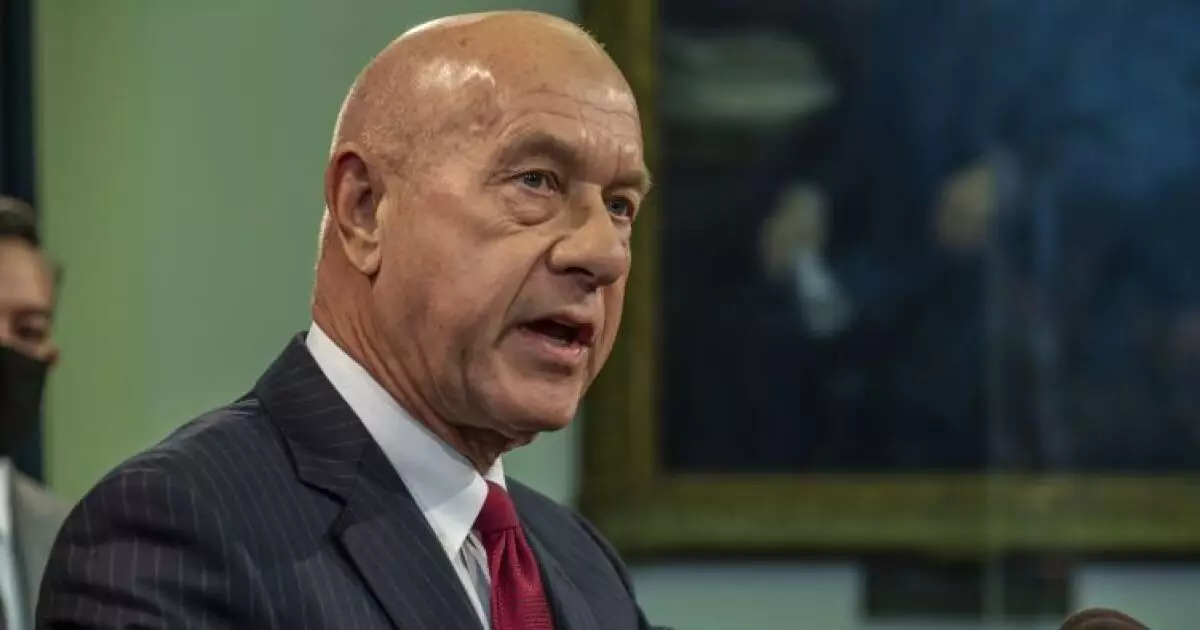On a recent Wednesday, Houston’s city officials revealed an ambitious roadmap aimed at achieving significant savings for the 2026 fiscal budget. The focus of this initiative rests on achieving operational efficiencies, promoting accountability, and enhancing spending controls. Mayor John Whitmire emphasized the necessity of acting on the recommendations from an efficiency study conducted by Ernst & Young, which was commissioned the previous year. He expressed optimism that improved efficiency and better service delivery could bolster public trust and potentially pave the way for exploring additional revenue streams.
As of July 1, the commencement of fiscal 2025 brought with it a daunting $7.3 billion budget, with $3.03 billion earmarked for general fund expenditures. This budget faced challenges, notably due to a looming structural budget gap that prompted officials to utilize the city’s general fund balance. The city’s dwindling reserves have not gone unnoticed, with credit rating agencies like Fitch Ratings and S&P Global Ratings downsizing Houston’s outlook from stable to negative concerning its AA ratings. However, Moody’s has maintained a stable outlook on its Aa3 rating, illustrating a mixed picture of Houston’s financial standing.
A significant financial burden owes itself to last year’s agreement with the firefighters’ union, culminating in a hefty $650 million bond-financed payment and a collective bargaining pact that could raise wages by as much as 34% over five years. Concurrently, the city is also negotiating contracts with its police union, which could further complicate budgetary maneuvers. Adding to these complexities, a 2019 court ruling concerning property tax revenues mandates an annual allocation of at least $100 million specifically for drainage and road funds. This ruling creates another layer of financial strain on an already stretched budget.
The implications of these obligations are significant. A $100 million payment due at the end of June stands poised to reduce projected fund balances from $350 million to $250 million, simultaneously exacerbating the city’s structural deficit to over $300 million, a figure deemed “unsustainable” by Houston Controller Chris Hollins. The compounding pressures of these financial commitments signal an urgent need for fiscal prudence and innovative cost-saving measures.
Mayor Whitmire underscored the potential for the efficiency study to yield spending reductions ranging from 5% to 15%, a target that he acknowledged would require a gradual process rather than immediate results. Controller Hollins echoed this sentiment, asserting that while the efficiency study reveals tangible opportunities to slash waste, the ultimate impact of such measures on city finances needs thorough assessment. In light of these mounting challenges, he has reinforced the need for an emergency task force dedicated to tackling Houston’s escalating financial difficulties.
As Houston navigates this complex fiscal landscape, the proposed strategies reflect a commitment to realigning city priorities with sound financial management. With a mix of optimism for potential efficiencies and a recognition of the inherent challenges, Houston’s government is at a pivotal moment. The effectiveness of their roadmap will depend largely on transparent implementations and the engagement of citizens in the financial dialogue ahead.

